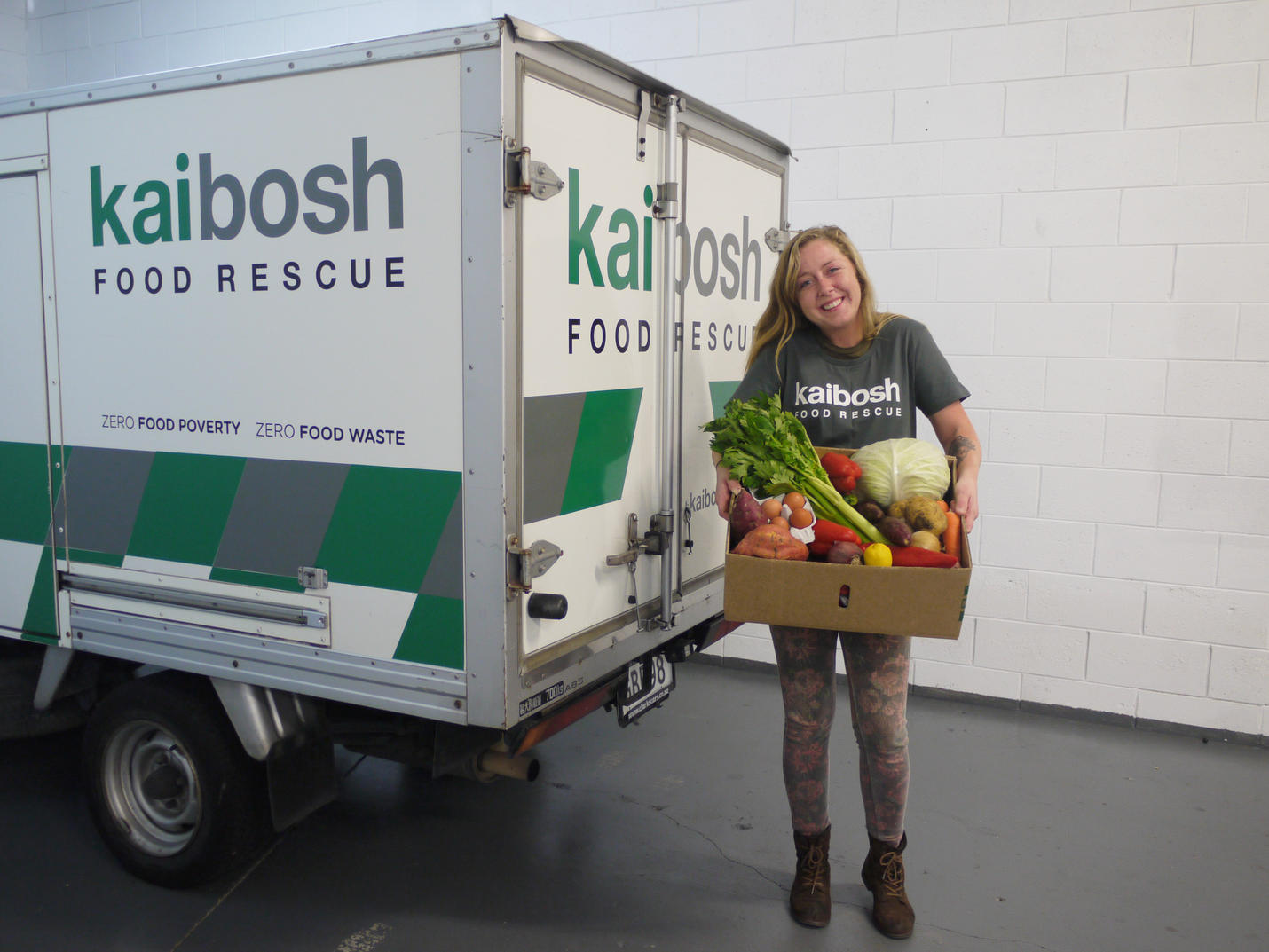One of the great miracles of life on this planet is the creation of food... For more than a third of the worlds labour force, the production of food is the source of their livelihoods, and all people are sustained by consuming it...
The food we waste contributes 4.4 gigatonnes of carbon dioxide equivalent into the atmosphere each year - roughly 8 percent of total anthropogenic greenhouse gas emissions. Ranked with countries, food waste would be the third largest emitter of greenhouse gases globally, just behind the United States and China. A fundamental equation is off kilter: people who need food are not getting it, and food that is not getting consumed is heating up the planet...
The United Nations’ Sustainable Development Goals speak to this chain of “orphaned” food, calling for halving per capita global food waste at the retail and consumer levels by 2030, as well as reducing food losses along production and supply chains...
Most important is to pre-empt food waste before it happens, for greatest reduction of upstream emissions, followed by reallocation of unwanted food for human consumption or another reuse. Standardising date labelling on food packages is an essential step. Currently “sell by” “best before” and the like are largely unregulated designations, indicating when food should taste best. Though not focussed on safety, these markers confuse consumers about expiration...
Impact
After taking into account the adoption of plant rich diets, if 50 percent of food waste is reduced by 2050, avoided emissions could be equal to 26.2 gigatonnes of carbon dioxide. Reducing waste also avoids the deforestation for additional farmland, preventing 44.4 gigatonnes of additional emissions. We used forecasts of regional waste estimates farm to household. This data shows that up to 35 percent food in high income economies is thrown out by consumers, in low income economies, however relatively little is wasted at the household level.
“Drawdown: the most comprehensive plan ever proposed to reverse global warming”, pp. 42-43.
#ProjectDrawdown
